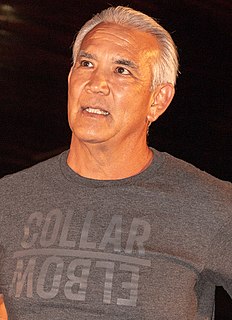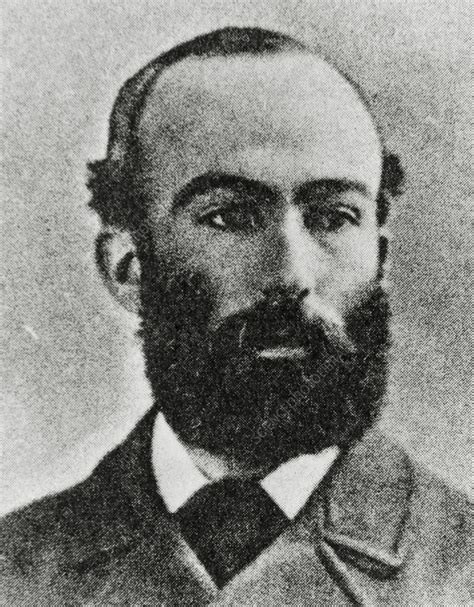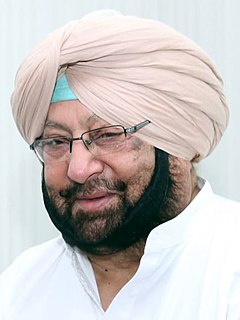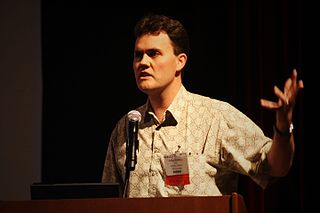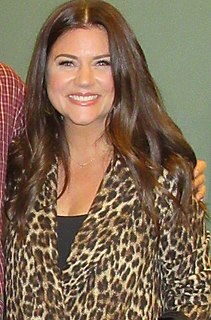A Quote by Nathan Wolfe
About 20 percent of the genetic information in your nose doesn't match anything that we've ever seen before.
Related Quotes
Economists often talk about the 80/20 Principle, which is the idea that in any situation roughly 80 percent of the “work” will be done by 20 percent of the participants. In most societies, 20 percent of criminals commit 80 percent of crimes. Twenty percent of motorists cause 80 percent of all accidents. Twenty percent of beer drinkers drink 80 percent of all beer. When it comes to epidemics, though, this disproportionality becomes even more extreme: a tiny percentage of people do the majority of the work.
A cardinal principle that we must not stray from - no exceptions - is that your genetic information is your business in terms of who sees it. Nobody should be gaining access to that information without your explicit permission, and nobody should be requiring you to take a genetic test unless you decide that that's what you want to do.
Ninety-nine percent of everyday things are things we don't need - that goes for regular visits to the hairdresser just as it does for clothing. What would it mean if we all consumed 20 percent less? It would be catastrophic. It would mean 20 percent less jobs, 20 percent less taxes, 20 percent less money for schools, doctors, roads. The global economy would collapse.
If you have 15 minutes per visit, and you spend the first 9 minutes just collecting information from them, before you do anything else, you know half of your visit is gone already. So if you have an automated system that has most of that and, and in some cases I actually have patients complete questionnaires before they come in, so I'd gotten most of the information I need to ask about, already recorded, instead of having 9 minutes I can take 3 minutes to review all this information.
Today your technology is far more sophisticated. Forget about sending a reconnaissance aircraft, your satellites provide you information on a minute-to-minute basis. Similarly, when missiles were fired, every missile has a camera in its cone, on its nose, and it keeps relaying information until the point of its impact.
LinkedIn's got a little progress bar. It wants you to do things like sign up 10 of your friends. It does that near the end. At the beginning it's like, 'You put in your name. 20 percent progress! How about some other information?' People want to fill in that progress bar. They like to complete a task. They like to check a box.

